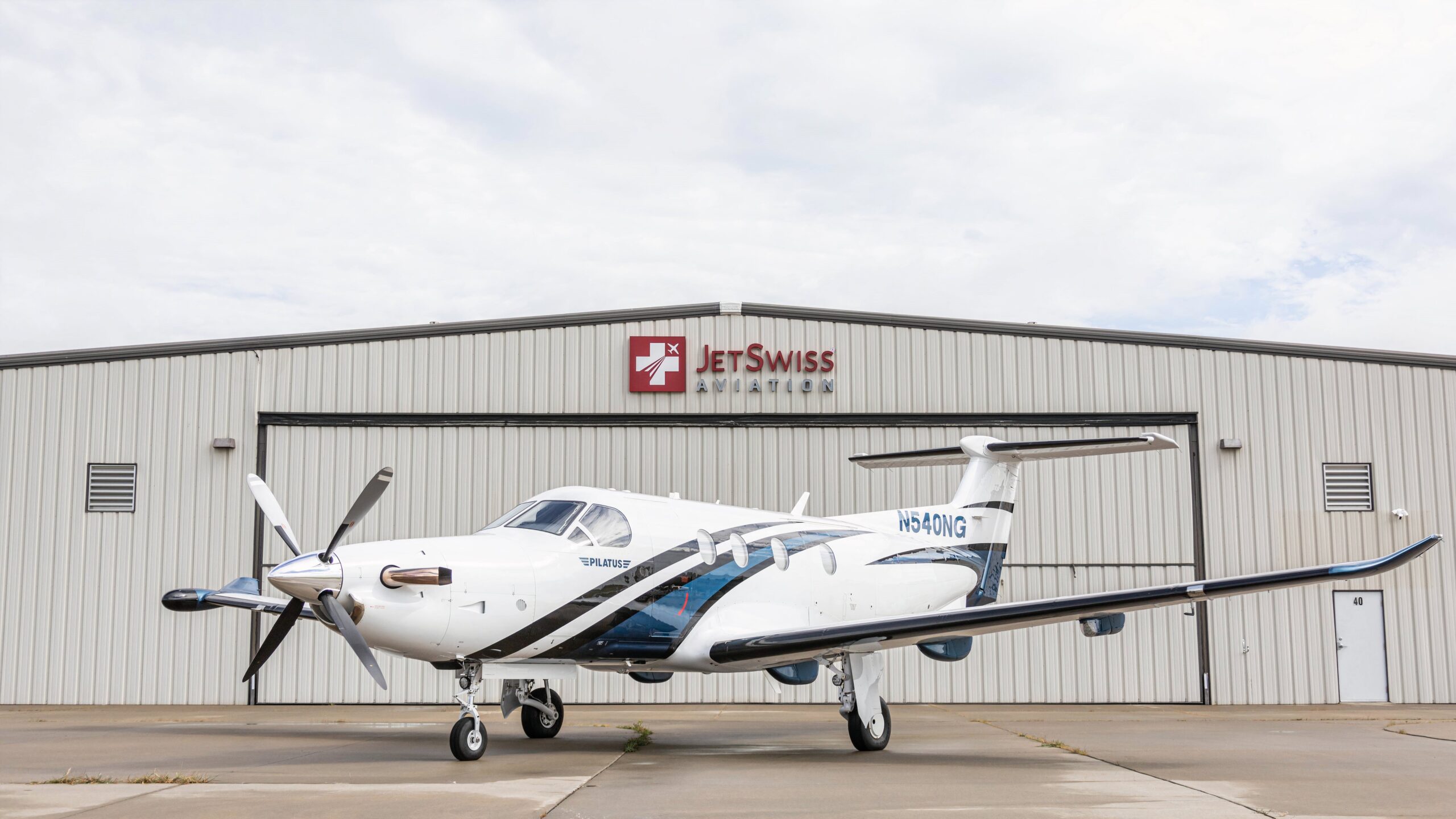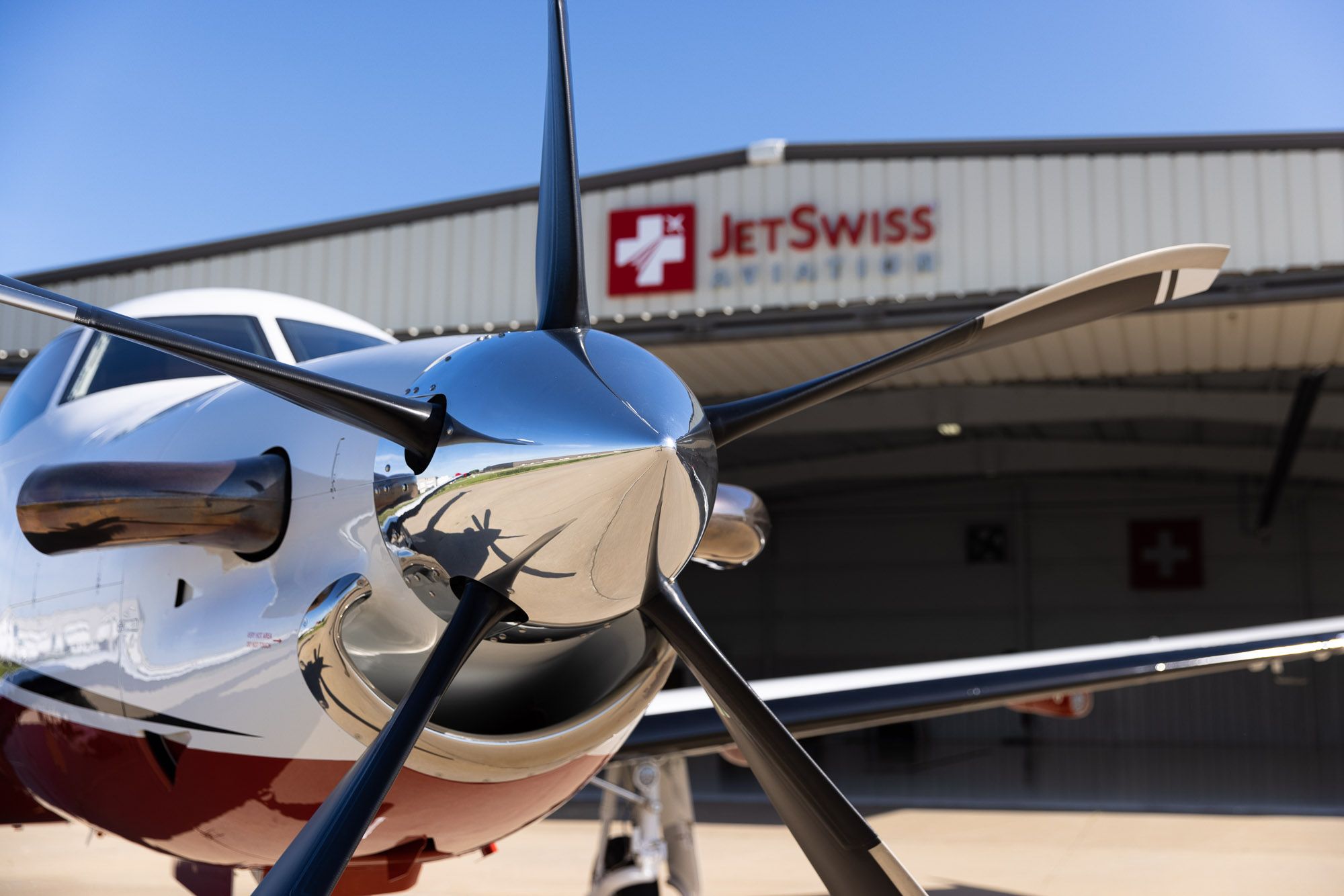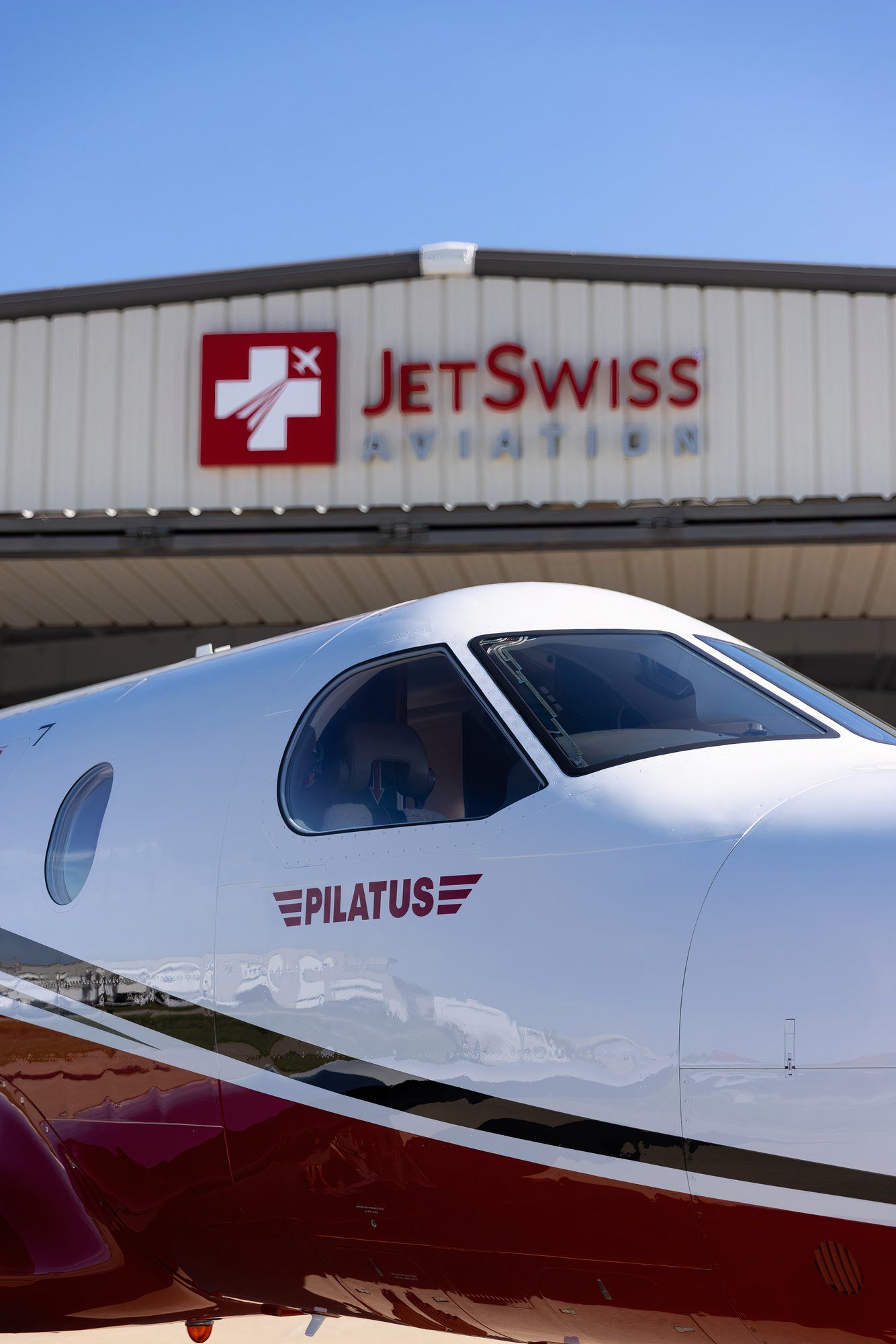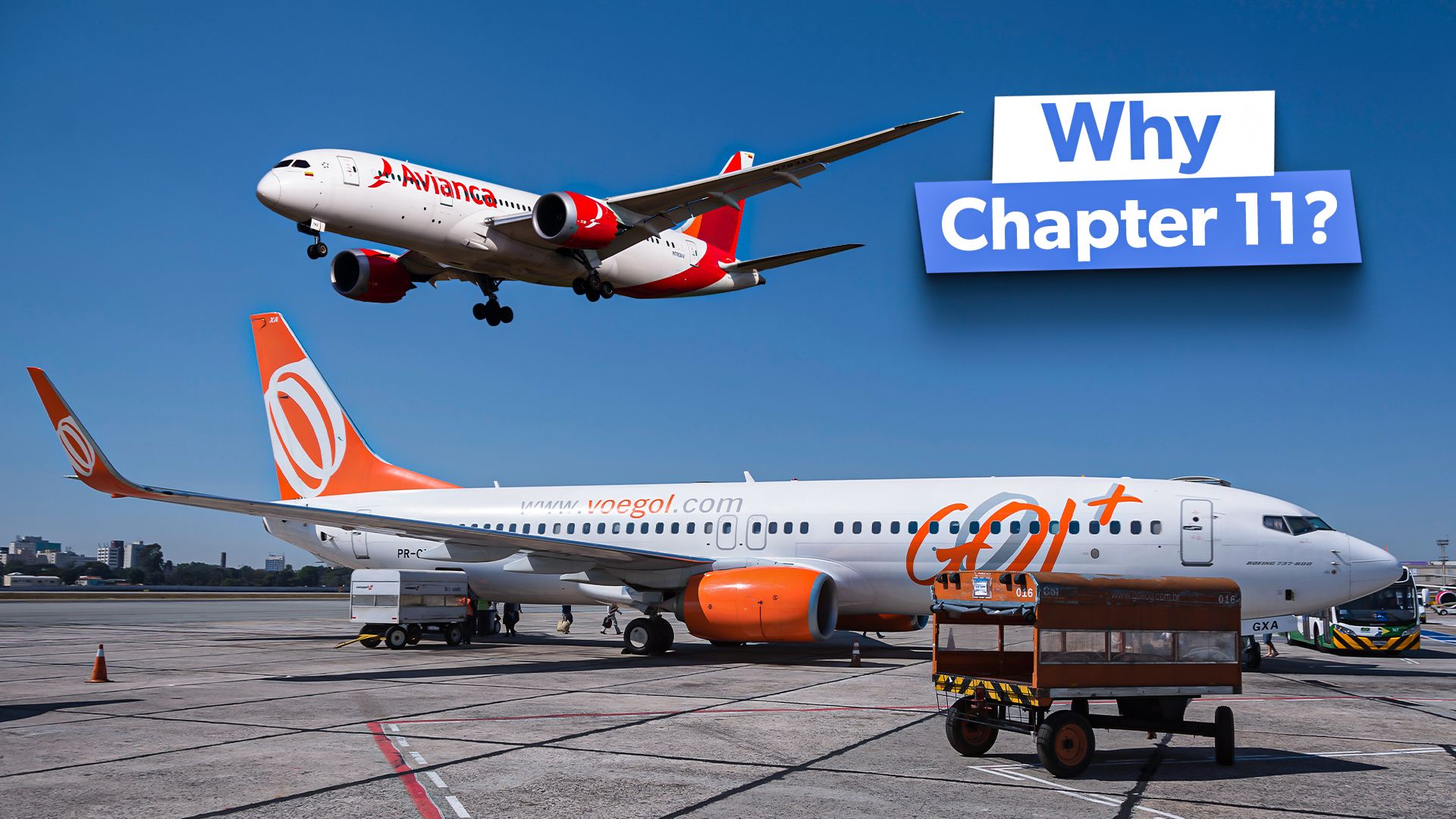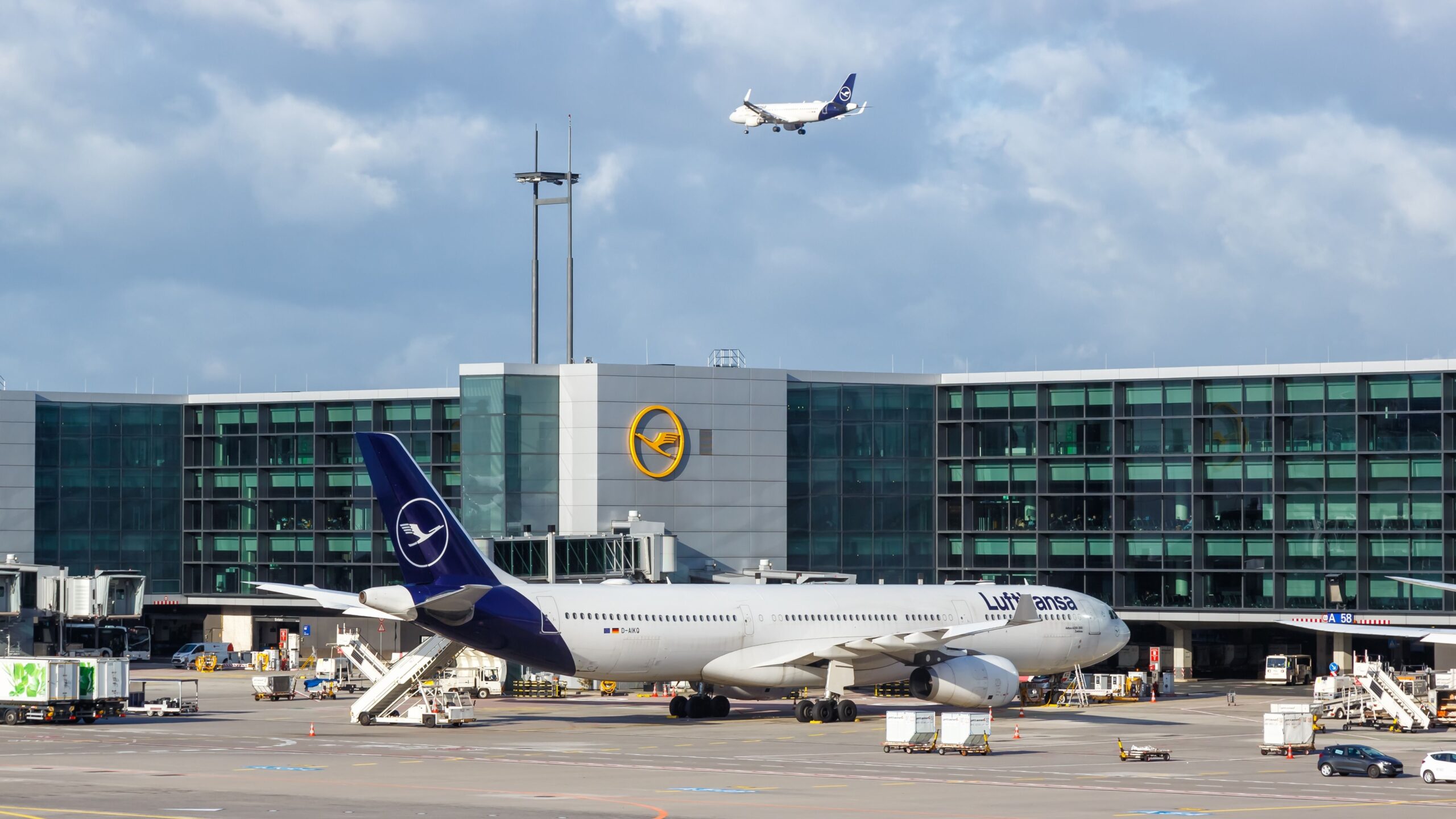Summary
- The Pilatus PC-12 is known for its short-field performance, along with other impressive features.
- JetSwiss Aviation has grown to dominate the pre-owned PC-12 market.
- JetSwiss plans to expand to include turbojet aircraft in the future, along with other aircraft.
The
Pilatus PC-12
is one of the most prominent turboprop-powered aircraft in the world. Pilatus first began designing the aircraft in the late 1980s, although it was not officially announced until October 1989 at the annual convention of the National Business Aviation Association (NBAA). Pilatus had identified a unique market for a single-engine turboprop with impressive short-field performance that had not previously been established.
A closer look at the Pilatus PC-12
The first aircraft flew in May 1991, and it was officially introduced in March 1994 after the Swiss Federal Office of Civil Aviation issued its type certificate. Later that year, the Federal Aviation Administration (FAA) granted its type certification in July 1994, officially introducing it in the United States. Since then,
Pilatus
has produced over 2,000 PC-12s and introduced several upgraded variants.
The Pilatus PC-12 is a powerful aircraft powered by a Pratt & Whitney PT6A turboprop engine, which provides just under 1,250 shaft horsepower. This engine helps the aircraft achieve impressive take-off and landing performance, as it can take off on fields around 2,600 feet and land on fields just under 2,200 feet long. Beyond its short-field performance, the PC-12 has the following performance specifications:
|
Maximum capacity |
Nine passengers |
|---|---|
|
Length |
47 feet three inches |
|
Height |
14 feet |
|
Wingspan |
53 feet five inches |
|
Maximum takeoff weight (MTOW) |
10,450 pounds |
|
Range |
1,845 nautical miles (2,123 miles) |
|
Cruise speed |
285 knots (328 miles per hour) |
|
Service ceiling |
30,000 feet |
The single-engine turboprop has become one of the most popular choices for various operations worldwide, mostly due to its ability to land on a variety of surfaces in remote environments. These include freighter operations, passenger transport, medical evacuation services, and reconnaissance or intelligence operations, among others. Several companies have become well-known in the general aviation industry for flying, maintaining, or selling the famous PC-12. Let’s take a closer look at one of these prominent companies, JetSwiss Aviation, and let’s also examine the unique work it does with the PC-12.
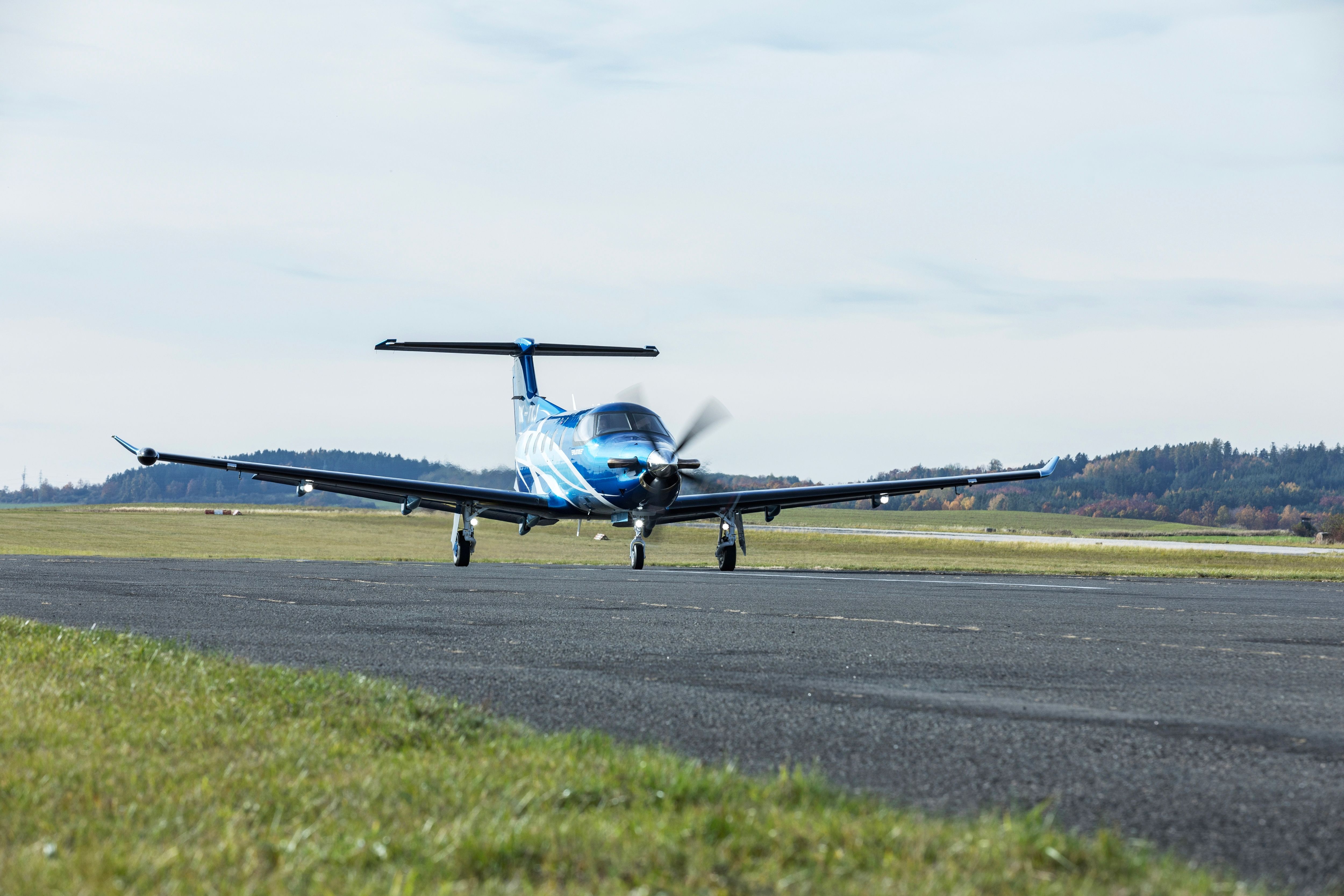 How JetSwiss began
How JetSwiss began
In a conversation with Simple Flying, the founder of JetSwiss Aviation, Don “Bub” Peterson, mentioned he started the company based on his previous experiences with the PC-12. Prior to founding JetSwiss, Peterson worked in the Pilatus factory program for 17 years, working closely with the PC-12. Peterson stated,
“As a former PC-12 demo/test pilot with extensive experience in the Pilatus program, I had a deep understanding of the aircraft’s capabilities, history, and market potential. JetSwiss’s specialization in the PC-12 allows us to provide unparalleled expertise and service to our clients.”
Peterson leveraged his experience when founding the company. He saw firsthand the high quality and exclusivity involved in producing the PC-12, which he saw made it a highly desirable aircraft. While he was still working in the Pilatus factory program, he also noticed the state of the preowned market, which left him frustrated. There was not a strong presence of the PC-12 on the market, so he was challenged to focus on the prominent aircraft. The focus on the PC-12 is what eventually led JetSwiss to become a leading authority in the pre-owned market. Peterson also stated,
“My journey into founding JetSwiss began with a pivotal piece of advice. A mentor in the business aviation industry challenged me to capitalize on my unique background and experience in the Pilatus program.”
How JetSwiss currently operates
Currently, JetSwiss utilizes a 30-30-30-10 business model. This means the company focuses on maintaining inventory, operating its brokerage business segment, and acquiring new PC-12s in the existing pre-owned aircraft market. The last 10% of its business is management and operations. However, Peterson believes its focus on delivering exceptional customer service and its vast experience of doing so helps ensure a seamless experience for future PC-12 owners.
Peterson and JetSwiss have continued to see a prominent rise in PC-12s on the market in recent years. When speaking about the current PC-12 market outlook, Peterson stated,
“The PC-12 market continues to be strong, driven by its consistent demand, limited supply, and high residual values. The aircraft’s unique combination of features and its reputation for reliability make it a highly sought-after asset. We expect this trend to continue, with steady growth in the market.”
The future of JetSwiss
Obviously, JetSwiss Aviation has cornered the PC-12 market, especially within the United States, and has become a driving force in the industry. Turboprop aircraft, in general, have evolved to provide some prominent features of jet-powered aircraft without the hefty price tag. This has led to a continuously improving market, which Peterson believes will continue well into the future. Peterson and his team believe this opens the door for many future opportunities in the pre-owned aircraft market, specifically allowing JetSwiss to branch out into other opportunities.
Peterson stated,
“While the PC-12 remains our core focus, we are open to expanding our offerings in the future. We’ve already entered the Pilatus PC-24 market and are exploring opportunities to provide additional services to our clients, such as higher-performance turbojet aircraft. We get requests every year from PC-12 clients looking to move up to turbojet-powered aircraft. They seek our diligence and detailed approach with their next purchase, and capitalizing on the opportunity to assist these clients makes sense for everyone.”
JetSwiss Aviation believes that this strong pre-owned aircraft market will lead to continued expansion in other areas. Currently, the company is located in the Overland Park, Kansas, area, where it was founded over ten years ago. Peterson has kept the company close to his family, but the area also provides a central location for the rest of the United States, making it an ideal location for the JetSwiss headquarters. However, Peterson mentioned that he believes that ten years from now, JetSwiss will continue expanding, with the possibility of opening regional offices to better serve its clients. The company is actively working on new initiatives that will expand on the lessons it has learned over the past ten years.

